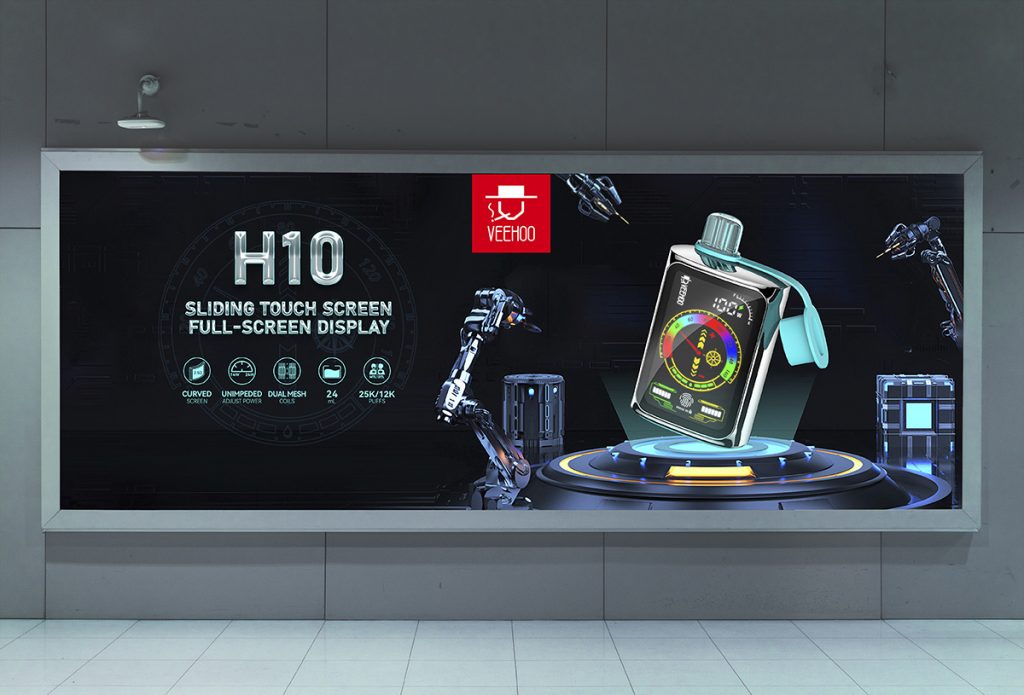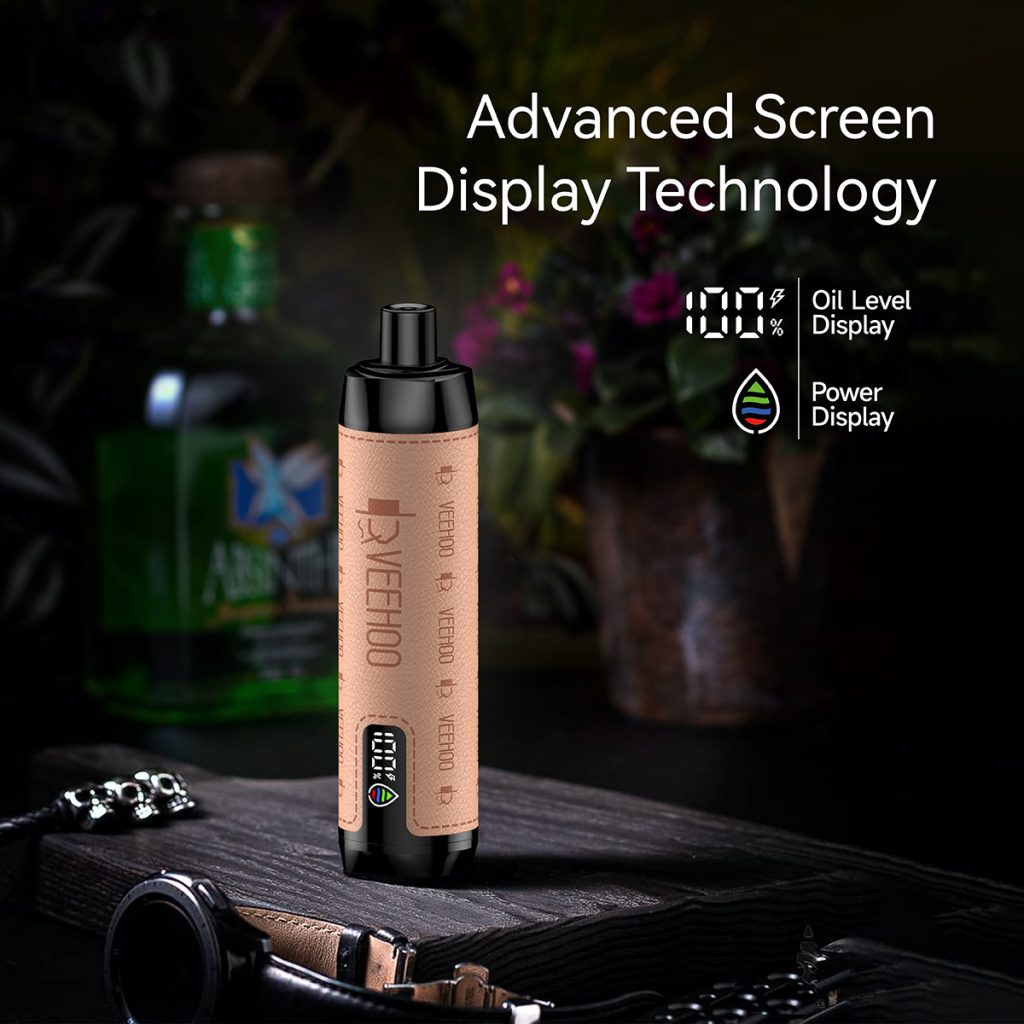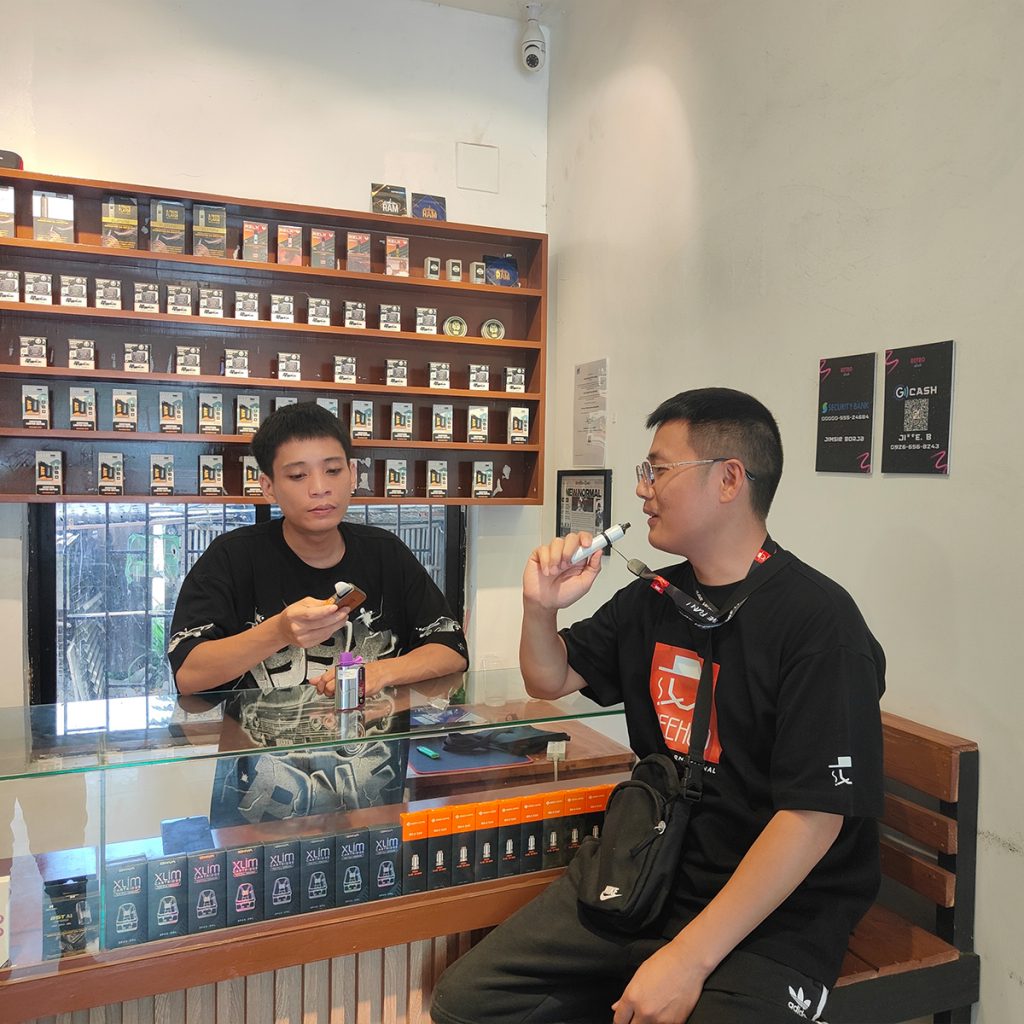According to a recent research report released by Brazilian media Folhape, vape devices are banned in Brazil due to a decision by the National Health Surveillance Agency (Anvisa). Despite this, the study found that many Brazilians are still unclear about the relevant regulations.
The report shows that 87.2% of respondents know what vapes are, but only 54.9% know that they are illegal products. In addition, 44.6% of people think vapes are fashionable, while 20.7% think it’s relaxing to use them. At the same time, 60% of respondents believe that vaping is harmful to health.
Among the respondents, 74.6% said they had never used any type of vape, while 19.4% said they had used it at least once. Among those who have smoked vapes, 2.8% said they use them frequently.

Regarding safety of use, 90.3% of respondents knew that vapes may be associated with the occurrence of cancer, 94.8% of respondents knew that they contain toxic substances, and 94.3% of respondents believed that vapes may increase the risk of chronic diseases.
Despite this, 74.5% of respondents believe that vapes can be used in bars and restaurants with open-air areas, and 16.6% of them believe that smoking vapes in closed places is also in compliance with regulations.
As for why vapes are banned in Brazil, the main reason is that they contain nicotine, which can lead to dependence. According to research by the Clinical Hospital of the University of São Paulo in Brazil, traditional cigarettes contain 1mg of nicotine, while vapes can be as high as 57mg per milliliter. In addition, the Brazilian Medical Association (AMB) pointed out that one vape is equivalent to 20 cigarettes.
Experts also pointed out that vapes contain up to 2,000 substances, most of which are of unknown origin. Its colorful packaging and fruity flavors are considered to be very attractive to teenagers, who are the main consumers of vapes.

Research by University College London (UCL) and the University of Innsbruck in Austria found that vapes may damage DNA, which may cause cancer. Therefore, the Brazilian National Health Surveillance Agency (Anvisa) prohibits the production, distribution, storage and transportation of vapes. This measure strengthens the regulations that have been in place since 2009 prohibiting the import, sale and promotion of vapes.
In Brazil, the ban on vapes is difficult to enforce, and nearly half of the people lack awareness of its illegality. This phenomenon has triggered an in-depth discussion on the vape market and consumer cognition, and also reminds us to pay attention to the health and compliance issues of the vape industry.

As a company that upholds high quality and social responsibility, Veehoo vape pays great attention to the development of the vape market and consumer health. In this context, Veehoo vape sticks to its principles. We are committed to providing high-quality vape products and actively advocating healthy and responsible vape use. We will continue to pay attention to the development of the Brazilian vape market and work with regulators and consumers to create a healthier and safer vape environment.
In the progress and development of the vape industry, Veehoo vape will continue to be based on science, focus on consumer health, and continue to innovate to provide consumers with safer and more reliable vape products, helping the vape industry move towards a more sustainable future.
Tags: Brazil’s vape ban is difficult to enforce,Brazil vape research report,veehoo vape